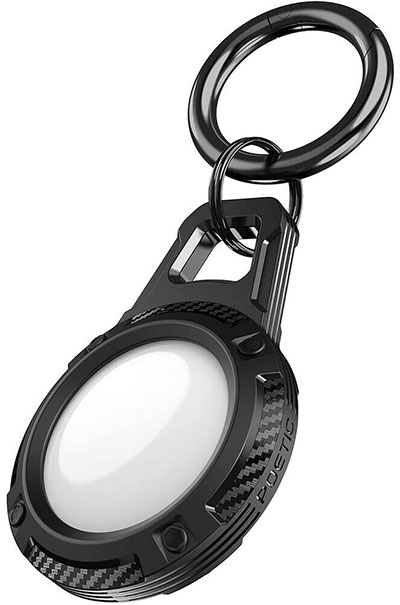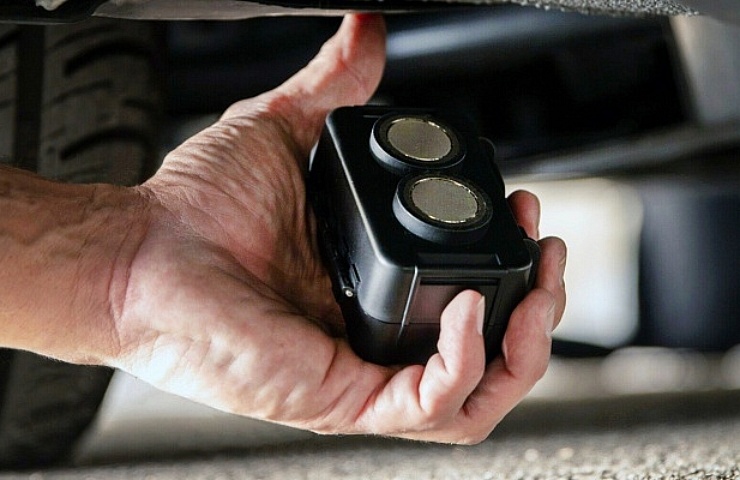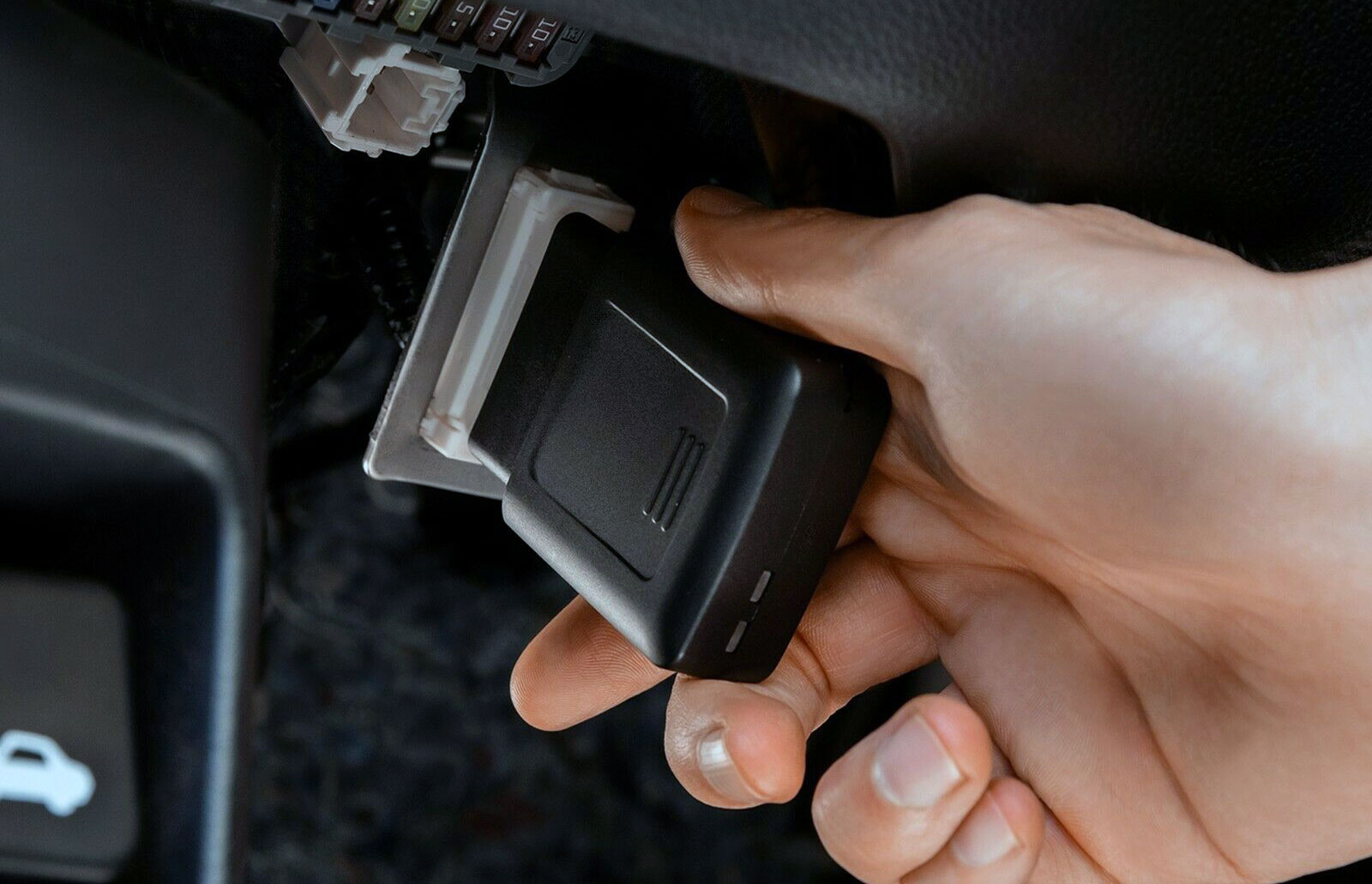Contents
Global Positioning System (GPS) tracking devices inform you about your vehicle’s location 24/7. A flow of data provides peace of mind to parents, business owners, or anybody that wants an ongoing record of a vehicle’s location, direction, and speed.
In addition, many GPS tracking devices offer geofencing and speed monitoring. That means your car can alert you the moment it leaves a predetermined area or travels at speeds above the legal limit.
How Do GPS Tracking Devices Work?
GPS, first developed in the 1960s, uses satellites to calculate its location. The satellites constantly send out signals. The GPS tracker reads signals from four or more satellites before transmitting the coordinates over the cell network. Then, a GPS app can show the data on a map.
The technology works behind the scenes.
- All you need to do is buy the GPS tracker, set up cell service, and attach the device to the car using built-in powerful magnets.
- Smaller devices can be placed in the glove compartment or center console.
- Hard-wired devices can be placed in many different hidden locations on a car or motorcycle.
- Some GPS trackers simply plug into the onboard diagnostics (OBD) port.
Todd Morris, the chief executive of New York City-based Brickhouse Security, a leading GPS tracking provider, describes how a business making deliveries could use GPS tracking.
Let’s say one of your customers calls and claims your driver was late or was driving unsafely in their neighborhood. GPS systems allow you to see historical data. Our products provide the ability to rewind time.
Check out Brickhouse Security’s eBay store.
These digital breadcrumbs also provide reassurance for parents. For example, you can set up alerts for when kids are scheduled to arrive at a destination. If your teenager doesn’t arrive at school or soccer practice on time, you get notified. And later on, you can see the route taken.
Owners of expensive rides can also use a GPS tracking device to locate a stolen car.
What Is the Best GPS Tracking Solution for Your Vehicle?
Choosing the right technology is based on need. Perhaps the most significant factor is the ability of OBD and wired GPS devices to stay charged. However, a battery-powered unit has to be periodically plugged in.
Calculating GPS coordinates drains batteries. You may have encountered this when using a processor-intensive navigation app on your iPhone or Android device. Unlike accessing the web or streaming music, a GPS-dependent navigation app quickly saps power.
However, a GPS tracking device’s battery can last for days or weeks. That’s because the tracker is a separate single-purpose device. The device sends the desired location information to your phone—but it’s the device that is doing the hard work.
Morris of Brickhouse Security explains:
Our GPS tracker’s charge can last a month or more because it’s designed to do only one thing: GPS tracking. It doesn’t have a color screen. You can’t play games on it.
Morris explains that you should set realistic expectations about device size:
It’s not what you see in a James Bond movie. A GPS tracking device is not the size of a nickel or a grain of sand. Anything that can do GPS tracking will be about the size of a cell phone.
Air Tags Are Good for Keys (Not Cars)

Just want to keep track of your keys? Then buy an Apple Air Tag keychain.
Apple Air Tags can be handy for quickly locating your stuff—like keys that always go into hiding just as you’re leaving the house. But Air Tags are not a good solution for GPS tracking a car.
For starters, they are dependent on having a phone nearby that can forward the location information to the internet. And it strictly sends its most recent location rather than providing a historical log of location, speed, and other data.
Furthermore, Air Tags work with only one phone. So if mom and dad both want to track a child’s location, they can’t.
Bottom Line: Air Tags are great for tracking your wallet or car keys, but not your car.
How Much Should I Expect to Spend?
GPS tracking devices can be inexpensive upfront—between about $20 and $150. But you should expect to pay for cellular connectivity and cloud services. It’s like having an additional phone on your cell plan.
Battery-powered GPS tracking devices are the least expensive, starting at under $20. However, the monthly data subscription fees commonly run between about $5 and $25 per month—depending on your cellular provider. That said, it’s a small price to pay if you want the peace of mind of knowing where your car is—and how it’s being driven—at all times.
Stay tuned for the arrival of camera-based security systems for your car. Last week, Ford and ADT announced that they will introduce Ring-like security for your car in 2023.






